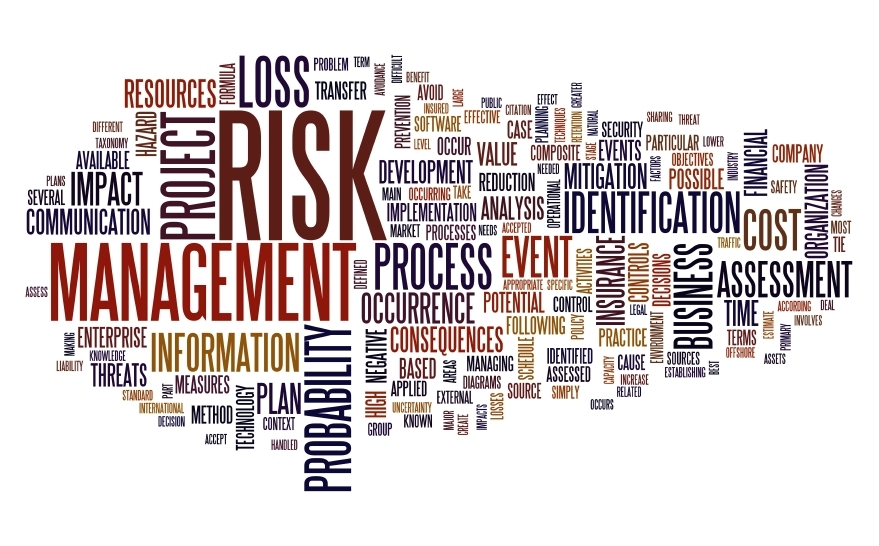 Belgium – a new government, with a twist;
Belgium – a new government, with a twist;- Bolivia – three more years for Morales?
- Greece – a confidence vote;
- Kuwait – good growth, moderate unrest;
- Morocco – growing terrorist threats;
- Russia – CB efforts to shore up the ruble and rising threats to Western interests;
- Venezuela – a hefty backdoor devaluation.
BRAZIL: President Rousseff will compete in a second-round election against the pro-business head of the centrist PSDB, Aecio Neves, and the outcome will determine the government’s economic policy in the years ahead. As of now, the economy is in a recession and there is not much the Central Bank can do to perk up activity.
GERMANY: With the economy’s vital signs weak pretty much across the board these days, the government is under growing pressure at home as well as from abroad to take decisive steps to stimulate activity. This is not likely to change its focus on a balanced budget, however.
GREECE: An optimistic budget for 2015, seeking to set the stage for an exit from the financial bailout program without new loans, appears to have left the creditors unconvinced. Such an exit may be made impossible by conditions for the ECB’s asset purchase program. Just the same, economic conditions are looking up.
IRAQ: The new government raises hopes for a restoration of unity after the divisive rule of PM Maliki, but for now one does well to hold the applause. The country is torn apart by the installation of a 7th-century caliphate and the US goal to defeat ISIL wil
IRELAND: The country is squarely at the center of an international drive against corporate tax avoidance and will have to decide quickly how it plans to respond. This will have a lasting impact on the local economy, which otherwise is now doing remarkably well.
LATVIA: Despite a strong showing by pro-Russian parties, the governing Center-Right coalition appears set to continue in office and run a country that has been rattled by the events in Ukraine. The economy is enjoying rapid growth and the current-account balance of payments is near balance.
NORWAY: The krone is one of the few major currencies that has been able to resist the buoyancy of the US dollar, in part because the non-oil economy remains fairly strong, notwithstanding Moscow’s ban on fish among many food imports. The economy is not doing badly and the external accounts remain in fine shape.
POLAND: There are two upcoming events that will be critical for the impression the new PM makes on the financial markets, namely local elections in November and a European Council meeting discussing climate change targets. The Minister says her principal policy goal will be continuity, but there are a number of areas where she is clearly planning to make her own mark.
This page is provided by S.J. Rundt & Associates, Inc., specialists in country risk assessment, consultants to multinational companies & banks, and publishers of Rundt’s World Business Intelligence and The Financial Executive’s Country Risk Alert. To order a subscription or individual issues of these reports, in print or by e-mail, contact S.J. Rundt & Associates, P.O. Box 1572, Montclair, NJ 07042; Telephone: (973) 731-7502, Fax: (973) 731-7503; E-mail: info@rundtsintelligence.com; Web site: www.rundtsintelligence.com






















